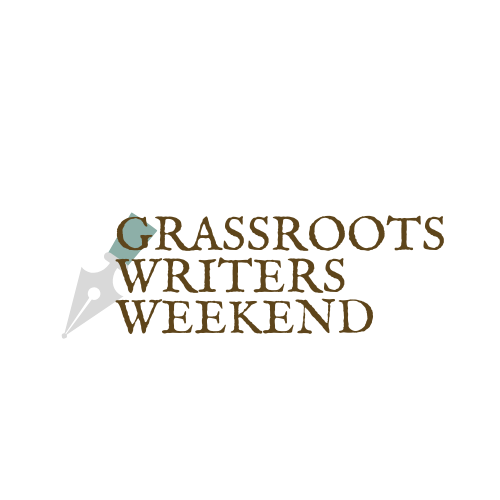Grassroots Writers Weekend
Grassroots Writers Festival Grassroots Writers? Imagine a writers event where there are no talking heads spruiking about their just-published book. Imagine a weekend devoted to the craft and practice of writing, facilitated by local writers who may or may not be published. A sharing of knowledge and the love of writing, wrapped up in a … Read more


